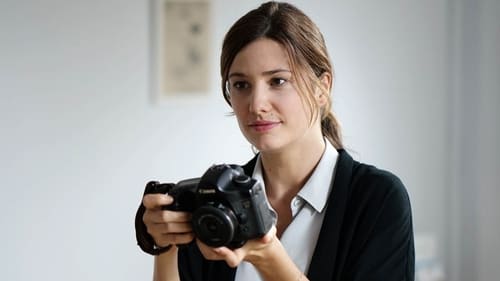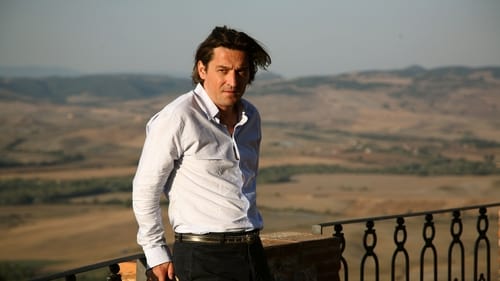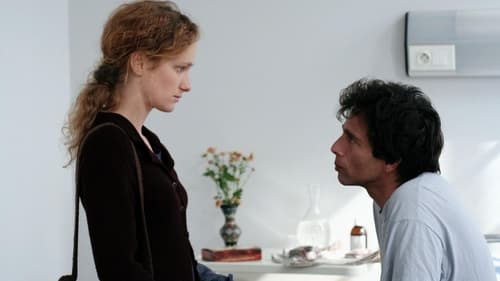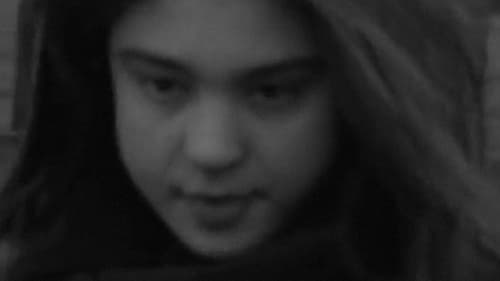
Director
Sons and daughters of West Indians, they proudly claim their origins, but carry within them a personal wound: they are the heirs of a language they do not speak. It prevents them from fully investing this West Indian part of themselves. To overcome this lack, they decided to roll up their sleeves and get down to learning the Creole language.

Cinematography
30 years after his debut, Olivier Assayas is back in New York to present his latest feature film shot in Paris, London, Prague and Oman - This portrait of the filmmaker is part of the collection « Cinéma, de notre temps » created by Janine Bazin and André S. Labarthe.

Cinematography

Cinematography
Beirut, on an autumn day. The city is on the edge of chaos, but for Maya, Tarek, Yasmina and Rami, aged between 17 and 22 years old, it is just an ordinary day during which they question themselves about sex, love and night time hanging out.

Cinematography
Saturday focuses on the Seventh-Day Adventist (SDA) Church, an evangelical Christian denomination with an apocalyptic expectation, that celebrates the Sabbath and practices immersion baptism rituals on Saturday. Through the figure of the SDA Church appear the themes of hope for a better life and the desire to flee the daily mundane, which here manifests in a religious mode, but takes form elsewhere in the practice of particular dietary rules and extreme sports. Shot mostly in 3D, the film combines scenes recorded at SDA Church sites in the USA, Polynesia, and the Kingdom of Tonga with images of food, surfing, and medical tests; together, they immerse us in a parallel world of hope and belief – of transparencies and opacities. Meanwhile, text scrolling at the bottom of the screen materializes both a source of information and a desire to escape from it.

Director of Photography
Claude falls in love with Cécile. She is convinced that she is the woman of her life unlike her mother who knows the tumultuous sentimental life of her daughter.

Cinematography
Regimes of dominance and subjugation are explored in Tuesday, which interweaves footage of racehorses being groomed before and after training with scenes of Brazilian jiu-jitsu fighters interlocked in combat. In Brazilian jiu-jitsu, a martial art developed from Judo, which focuses on grappling and ground fighting, positions of dominance and weakness form a dynamic structure in which physical strength is not a decisive criterion. Power structures are translated into a sporting struggle with an open output, in which the roles of domination and submission are reversed from one moment to the next. Shot primarily in slow motion, the competitive nature of the jiu-jitsu fighters and racehorses is paralysed by an extreme aestheticization, transforming scenes of action into objects of contemplation and visual pleasure.

Director

Cinematography
Baran, a war hero, becomes sheriff of the capital and refuses to bow down to a tribal chief.

Cinematography
Lucie and her father Hugo have grown closer since Lucie's mother left unexpectedly a year prior. When her mother returns, Hugo becomes jealous and angry.

Director of Photography
Grégoire Canvel tem tudo o que um homem pode querer: uma mulher que ama, três crianças fantásticas e um trabalho estimulante — é produtor de cinema. Os dias intensos de trabalho complementam-se com fins-de-semana em família, no campo. Mas com a sua empresa de produção no limite, com demasiados projectos, riscos, dívidas, o obstinado Grégoire começa a ceder e a fadiga rapidamente se transforma em desespero.

Cinematography
A father and daughter are reunited some 11 years after the father's drug addiction tore the family apart.

Cinematography
A promenade with Isabelle in a park, shot in an afternoon of January 2004.









